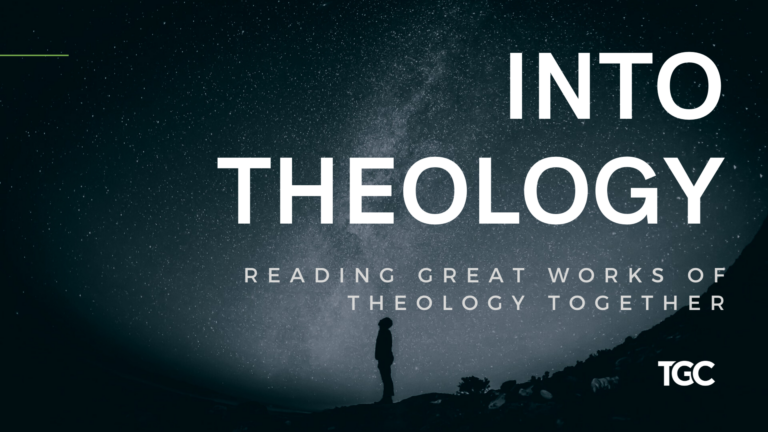“Cain brought to the LORD an offering of the fruit of the ground” (Gen 4:3).
“Abel also brought of the firstborn of his flock and of their fat portions” (Gen 4:4).
God accepted only one of the offerings: “And the LORD had regard for Abel and his offering, but for Cain and his offering he had no regard” (Gen 4:4–5).
Why?
Did Abel Merit God’s Acceptance?
Was Abel better than Cain? Did he somehow merit the reward of God’s acceptance due to his internal goodness and disposition towards God? We could read Genesis 4 in that way. Cain took “some” of the fruit of the ground, while Abel gave of his best, “firstborn” and “fat portions.” God says, “If you do well, will you not be accepted” (Gen 4:7).
Upon a second reading of the text, however, in which we consult the full sweep of the Bible, we will read Hebrews 11:4. It says, “By faith Abel offered to God a more acceptable sacrifice than Cain, through which he was commended as righteous, God commending him by accepting his gifts.”
Hebrews then explains why Abel had the “more acceptable sacrifice” than Cain by identifying the reason for this offering––faith.
How Did Abel Offer by Faith?
The author of Hebrews reads the Bible very well. And here, I think the writer of Hebrews keenly discerns what is happening in the text of Genesis 4 in connection with the full sweep of the Bible—which is why he narrates how Abel’s faith matches the rest of the saints mentioned in Hebrews 11 and Jesus himself in Hebrews 12.
One way to put it is this: Abel did not value his flock more than God but gave away his best. He invested his best into a sacrifice trusting that God could even resurrect the “the firstborn of his flock and of their fat portions” (Gen 4:4). Abel freely gave his best to God in faith that God “exists and that he rewards those who seek him” (Heb 11:6).
Cain offered “of the fruit of the ground” (gen 4:3). Abel gave “of the firstborn” and “their fat portions.” The contrast between the two gifts suggests that Cain gave a generic gift while Abel gave one of the most—if not the most significant—gift that was available to him. The quality of the gift per se meant little; but the reason for giving the gifts matters.
Abel gave out faith, and so he gave the best he had, entrusting himself to God. Cain did not do well (Gen 4:7) because he gave without faith, not entrusting his best to God who “rewards those who seek him” (Heb 11:6).
What Else Confirms Cain’s Unfaithfulness?
Other factors confirm this interpretation. First, God does not accept Cain’s offering (Gen 4:5) and “without faith it is impossible to please him” (Heb 11:6).
Second, Cain responded badly: “So Cain was very angry, and his face fell” (Gen 4:5). God then tells him, “Why are you angry, and why has your face fallen? If you do well, will you not be accepted? And if you do not do well, sin is crouching at the door. Its desire is contrary to you, but you must rule over it” (Gen 4:6–7).
Third, Cain murdered his brother (Gen 4:8). John writes, “We should not be like Cain, who was of the evil one and murdered his brother. And why did he murder him? Because his own deeds were evil and his brother’s righteous” (1 John 3:12).
These three factors confirm that Cain did not offer in faith nor had genuine faith. If we trust in God, we act according to the measure of faith that we have in him. He created the universe (Heb 11:3). So our faith in God results in us entrusting our best to him because he “gives life to the dead and calls into existence the things that do not exist” (Rom 4:17).
God accepted Abel’s gift because he gave it in faith. He did not regard Cain’s gift because Cain did not offer it in faith. Without faith, it is impossible to please God (Heb 11:6).
Image: Crocker Art Museum, Public domain, via Wikimedia Commons








